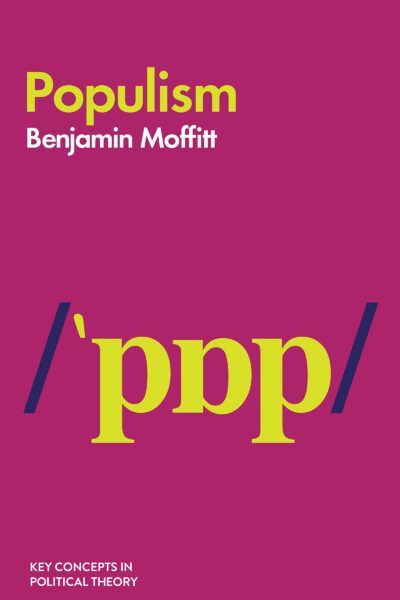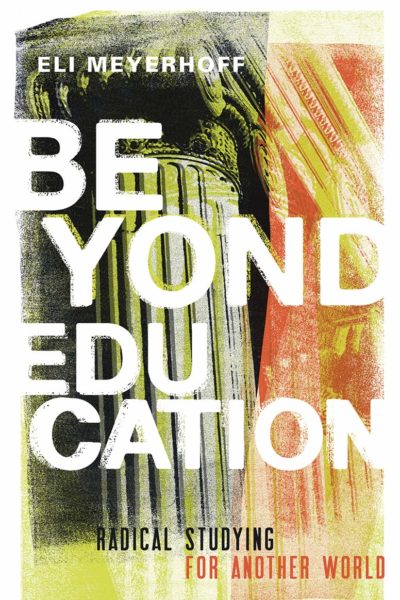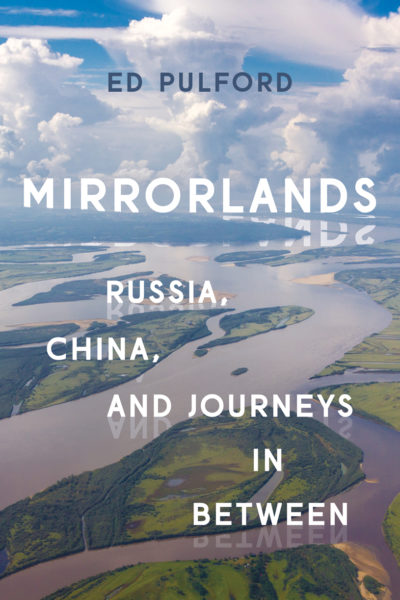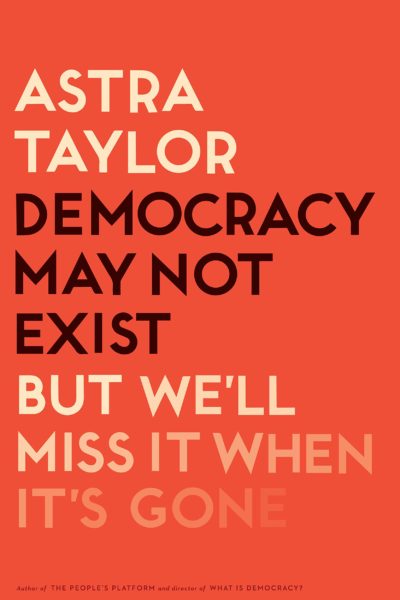Since newsrooms around the country are churning out think pieces about populism in an accelerating news cycle, we need the work of scholars like Moffitt to help establish a baseline for how to understand these phenomena.
With the matched rise of the far-right and mass antifascism, there has been a critical need for scholarship that helps create a vital living history. A number of academics, journals, and publishers have started to take this seriously.
No Fascist USA! – Hilary Moore and James Tracy
Their enduring legacy may be that white supremacy never stops with the neo-Nazis, even if you choose to start fighting it there.
Race After Technology – Ruha Benjamin
If racism is being “retooled,” then so too must the abolitionist imaginaries dedicated to a society and world free of carceral and police violence.
Beyond Education – Eli Meyerhoff
We must be mindful not to understate the submerged radical potential of the democratic educational ideal.
Welcome to Hell World – Luke O’Neil
The take away from every essay is not merely that life is terrible, but that powerful people choose to make it so for their own ends.
Mirrorlands: Russia, China, and the Journeys in Between – Ed Pulford
Pulford’s persona in this book, like all other Englishmen interested in Russia, is Anthony Burgess manqué.
My Seditious Heart – Arundhati Roy
[Arundhati Roy] sees her political writing as an extension of her literary work and her identity as a writer — there is no “activist” in her separate from her writer self — which is perhaps also a comment on the false limits we tend to put on fiction.
Democracy May Not Exist, But We’ll Miss It When It’s Gone – Astra Taylor
Attempts to carry out democracy are thus attempts to sublimate natural human conflicts into cooperatively managed institutions that yield the broadest measure of justice for their constituents.
Allegory and Ideology – Frederic Jameson
More than a work of literary criticism, Jameson’s new book shows us that any positive political developments to emerge from globalization will demand a new form of conceptualizing this seemingly unimaginable collection of human beings.












